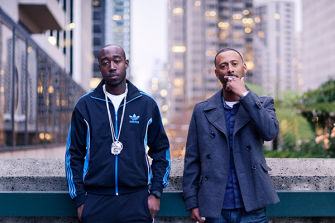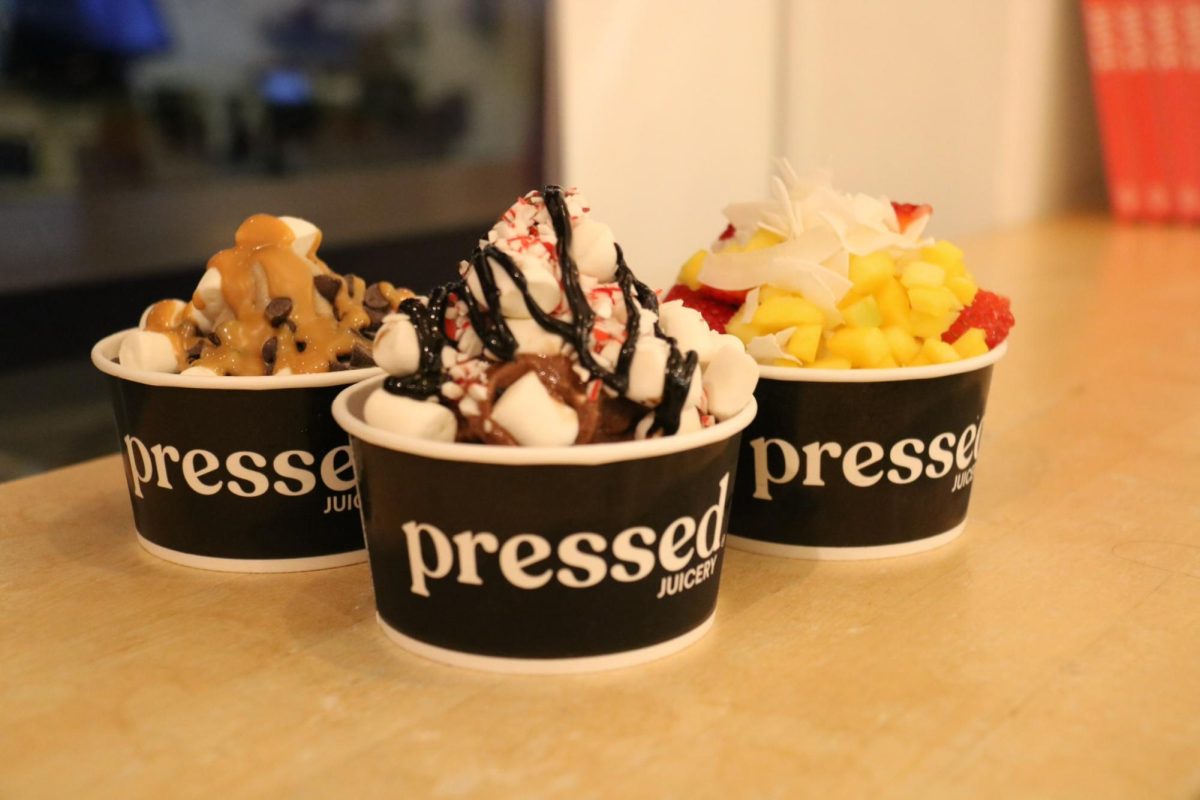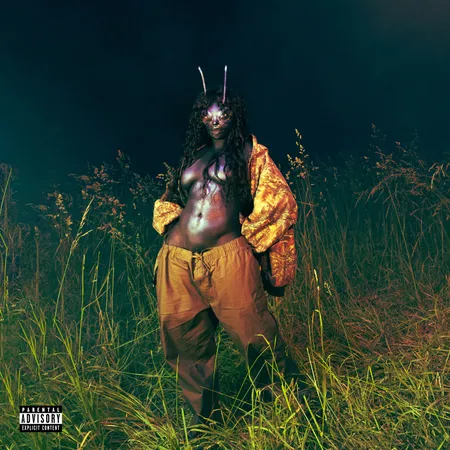Whenever Madlib releases a collaborative work, it is hard for fans not to expect, in the words of fellow StonesThrow signee Jonwayne, “Madvillainy 5 or JayLib 7.”
Although his newest LP, Piñata, falls short in a few regards, it is not far off.
Before listening to Madlib’s umpteenth album (I’ve lost track at this point), I did a bit of background research on Freddie Gibbs’ music. I must say, I wasn’t impressed with the “Gangsta Gibbs” persona – from tasteless hooks to gimmicky verses, he really fails to stand out from any other gangbanging 2Pac impersonator.

I figured Madlib’s beats would have to carry the album to mediocrity. But this wasn’t the case.
Of course, Madlib shines in typical fashion, incorporating soulful R&B source material and also some spacey, psychedelic instrumentals. But Gangsta Gibbs also delivers. Big time.
Maybe Gibbs has risen to the occasion of collaborating with the Beat Kondukta, or maybe he’s evolved his style.
In any case, Gibbs elevates his flow and wordplay to reflect more introspectiveness, self-awareness, and self-criticism than most artists in the gangsta-rap genre. He speaks about his gangster lifestyle, and at the same time heavily critiques it.
Like I said, his style is reminiscent of 2Pac, from his flow to his vocal delivery. I use this comparison very hesitantly, but if you listen to “Thuggin’,” one of the singles that was released before the album dropped, you’ll see what I mean.
Piñata falls short in a few regards, namely the features and the topic (I still refuse to wholeheartedly embrace gangsta-rap, although it’s very well executed on this album).
As I said before, the album as a whole is subdued, introspective, and melancholy. The song “High” begins with a watery, flowing instrumental. Gibbs’ flow ebbs in and out of the beat, and he delivers some of the most self-critical lyrics on the album. There is a break in the song, and out of nowhere, Danny Brown comes squawking into the song like a deranged parrot, and while his verse is decent, it completely ruins the mood of the song.
As for the other features, the only one that really stands out in a positive way is BJ the Chicago Kid, who delivers a phenomenal hook on the first part of “Shame,” one of the most sultry, depressing, and memorable songs on the album. Earl Sweatshirt also delivers a decent verse, but Domo Genesis, who appears on the same song, falls short.






